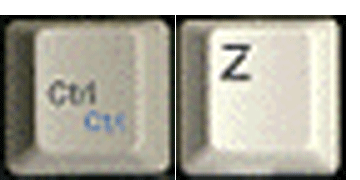Hey, hey, hey, what about the AFTER-life? No, not the afterlife and reincarnation. But the AFTER-life…. the little self-talk you have and I have, saying things like,
- “Well, if I have a great house, I’ll be happy.”
- “Once I lose 12 or 20 or 50 pounds, I’ll be happy.”
- “After I finish my dissertation, I’ll be happy.”
The “after-this” and “after-that” life.
There are CERTAINLY times in your life when it’s effective to focus on your goal, and to say, “I am not going to dilly-dally on this yellow brick road. I am full-steam focused ahead, and I’ll be pushing on this project until I complete it.” Yes, yes, and yes! I am all for focus and self-regulation.
At the same time, what are you doing in the now-life to make yourself happy?
You will always have goals, you will always have deadlines, and you will always have emergencies. What are you doing to enjoy life in the midst of all this? Mihaly Csikszentmihalyi said on a panel at the Gallup positive psychology conference in Fall, 2005 that if he could ask every person on the earth one question, the question that he would ask is, “To what extent are you fully alive?”
What am I talking about? No, not pretty words and affirmations. I am talking about enjoying the now, noticing the now. More than anything, I am talking about you getting your personal enjoyment from the now!
- EXAMPLE: How exciting is brushing your teeth? However, Dr. Kathleen Hall of the Stress Institute says that you can make it alive and exciting by thinking about your great smile and how much good chewing your mouth has done for you all your life. This particular detail may not work for you, but what ideas like this do work for you to make a tedious, regular task feel good, feel healthy, or feel alive in some way?
- COUNTER-EXAMPLE: Like Seth Godin writes here, many of us would have walked by a world-class violinist if we heard him on our daily morning commute. And that’s what may make us sad about the Washington Post article, he writes: that we would probably not have noticed him either.
The main thing that I can tell you about enjoying the “now” (even in the midst of deadlines towards the “after”) is that Barbara Fredrickson’s research all points to the fact that when you are in an emotionally open state, you are both more creative and productive (broaden) and you have more reserves to deal with anything that the world throws upon you (build).
Welcome to Friday questions. Today’s question is:
What are you doing in the NOW-life to make yourself happy?



